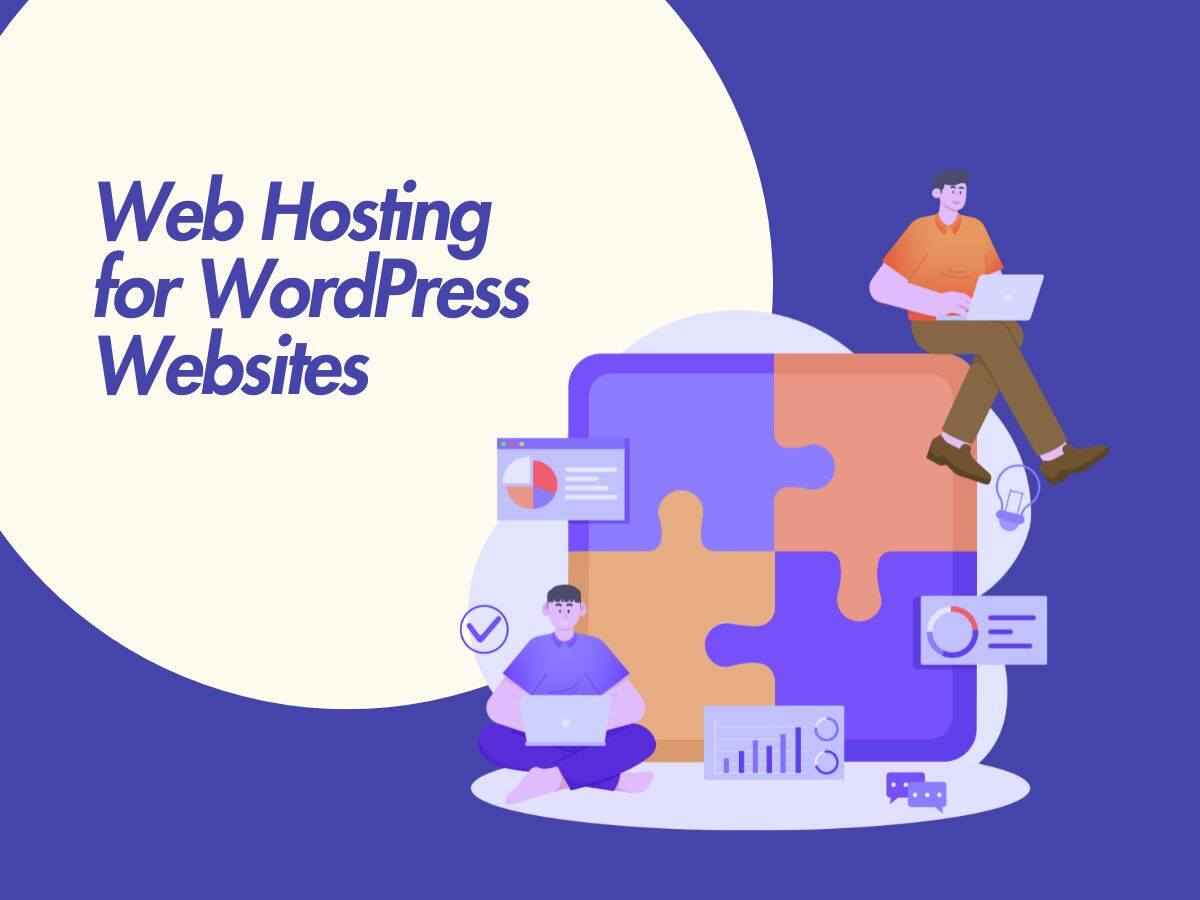
Role of Content Delivery Network (CDN) in Web Hosting
As the digital landscape continues to evolve and expand, the demands placed on websites also increase. Load times, performance, and security all play crucial roles in determining a site’s success. Here’s where a Content Delivery Network (CDN) comes into the picture. By incorporating a CDN into your web hosting strategy, you can significantly enhance your website’s performance and security. Today, we delve into the role of CDN in web hosting and explore how it can propel your website to the next level.
What is a Content Delivery Network (CDN)?
A CDN is a geographically distributed network of data centers or servers responsible for delivering content to users swiftly and efficiently. The server selected to deliver the content depends on its proximity to the user, the content requested, and the server’s performance. The primary aim of a CDN is to reduce the distance between the users and the website‘s server, thereby reducing data travel time (latency) and speeding up page load times.
Role of CDN in Web Hosting
Integrating a CDN with your web hosting has several benefits. Let’s explore some of them:
1. Improved Speed and Performance
A CDN significantly improves the speed at which your website loads by caching its content across multiple geographically distributed servers. When a user visits your site, the CDN serves them from the server closest to their location, reducing latency and improving the speed and performance of your website.
2. Enhanced User Experience
A fast-loading website provides a much better user experience than a slow one. As CDNs can decrease load times, bounce rates can potentially go down while page views increase, providing an overall improved user experience.
3. Traffic Management
CDNs can effectively manage sudden traffic spikes and heavy load by distributing traffic across various servers. This distribution reduces the chances of the server crashing due to heavy load and ensures that your website performs smoothly even during peak traffic times.
4. Improved SEO Rankings
Search engines, like Google, consider page load speed as a ranking factor. Faster websites tend to rank higher, leading to increased visibility and more organic traffic. By improving your website’s speed, a CDN can play a vital role in your SEO strategy.
5. Cost-Effective Bandwidth Reduction
CDNs significantly reduce data transfer costs by caching and optimizing content. By serving your content from cache, CDNs decrease the amount of data transferred from the hosting server, leading to lower hosting costs.
6. Enhanced Website Security
CDNs augment website security by providing features like Secure Socket Layer (SSL) encryption, DDoS protection, and other security integrations. These features add an extra layer of defense against malicious attacks, helping to keep your site safe.
Integrating CDN with Your Web Hosting Provider
Many web hosting providers offer integrated CDN services, making setup straightforward. However, if your hosting provider doesn’t offer a CDN, you can directly subscribe to a CDN service and configure it to work with your website. Most CDN providers offer integration guides and customer support to help with this process.
Conclusion
From improving your website’s loading speed to enhancing its user experience, security, and SEO, a CDN plays a crucial role in web hosting. It works collaboratively with your hosting service to deliver the best performance for your users. Whether you have a small blog or a large e-commerce website, incorporating a CDN can provide manifold benefits in our increasingly global and high-speed digital reality. Therefore, it’s well worth considering the integration of a CDN into your web hosting strategy.







